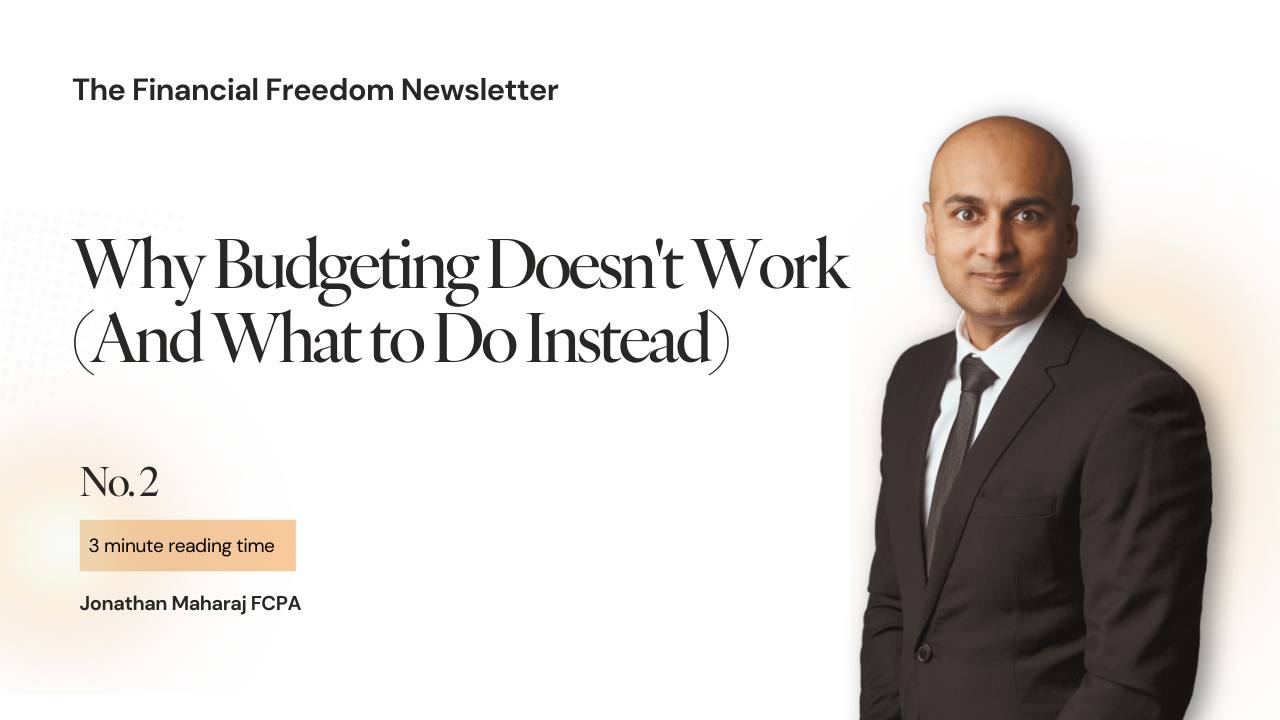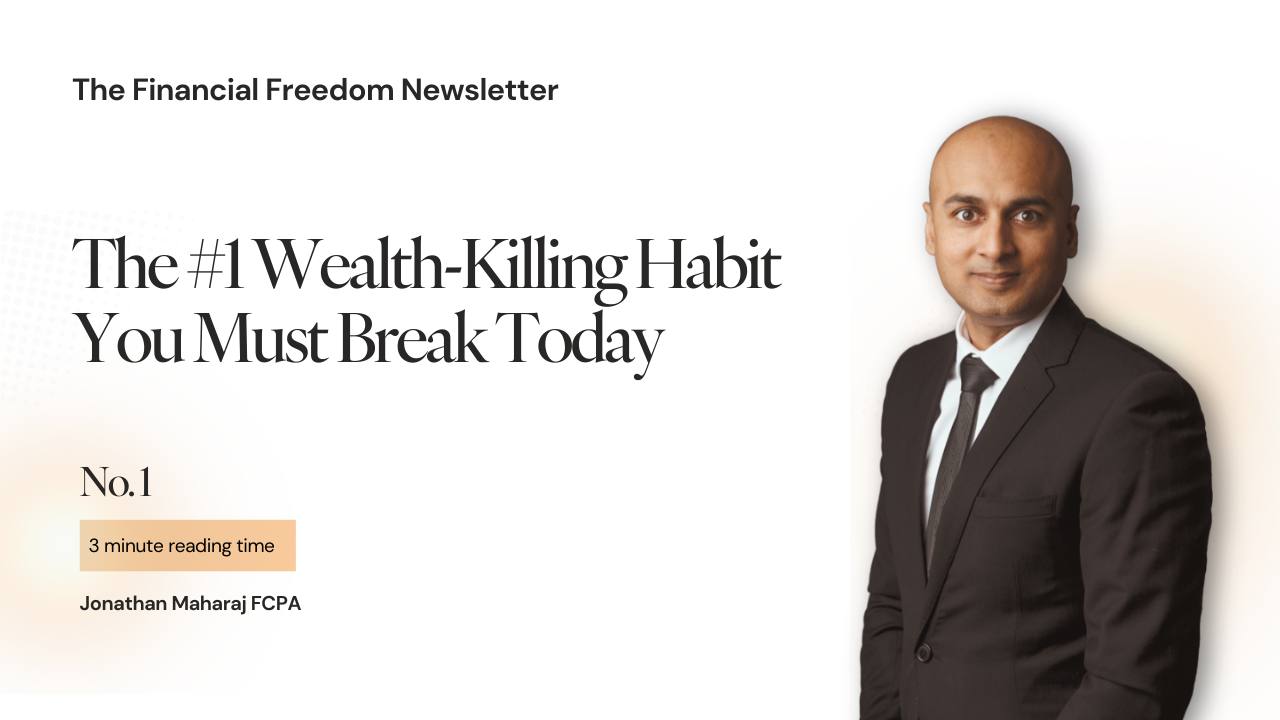3. Mastering Cash Flow: The Secret to Financial Security
Why Cash Flow Matters More Than Income
Many people believe financial security comes from earning a high income. But studies show that income alone does not determine financial stability. The National Bureau of Economic Research found that 60 percent of high-income earners still live paycheck to paycheck (Chetty et al., 2020).
The real key to financial security is managing cash flow effectively. It is not just about how much money comes in but how well you control what goes out.
Today, we will cover:
- Why cash flow matters more than income
- The biggest mistakes people make with cash flow
- A simple system to take control of your money
The CashFlow Illusion
Tom* and Rachel* both earn $120,000 a year.
Tom spends money as it comes in. His mortgage, car payment, and other expenses take up most of his paycheck. He has no system for tracking cash flow, so when an unexpected bill comes, he puts it on a credit card.
Rachel takes a different approach. She makes sure her expenses are always lower than her income. She sets up automatic transfers to savings and investments before spending on anything else. She also limits financial commitments that could trap her in high fixed costs.
Five years later, Tom is stressed about money, despite earning a good salary. Rachel, on the other hand, has a growing investment portfolio and savings that give her financial flexibility.
The difference between them is not their income. It is how they manage their cash flow.
*These are not their real names.
The Biggest Cashflow Mistakes
Research in behavioural finance helps explain why most people struggle with cash flow.
-
Spending increases as income rises
A Princeton University study found that people tend to increase spending when they get a raise (Kahneman & Deaton, 2010). This is known as lifestyle creep. Without a structured system, higher earnings do not translate into higher savings. -
Focusing on income instead of cash flow
A business that makes one million dollars in revenue but has $950,000 in expenses is not financially stable. The same applies to individuals. If expenses always match income, financial security is impossible, no matter how much you earn. -
Ignoring non-monthly expenses
A Harvard study found that people underestimate irregular expenses by 40 percent, which leads to financial stress when unexpected costs arise (Sussman & Alter, 2012). Car repairs, medical bills, and annual insurance payments can derail financial plans if they are not accounted for.
A Simple System for Cash Flow Mastery
-
Pay yourself first
Before spending money on bills or lifestyle expenses, set up automatic transfers for savings and investments. Treat these as non-negotiable expenses. A good target is to save at least 20 percent of your income before spending the rest. -
Use the three-bucket system
Divide your income into three categories:
- Wealth Growth (Investments and Savings): 20 to 30 percent
- Essentials (Housing, Food, Bills): 50 to 60 percent
- Lifestyle (Travel, Dining, Entertainment): 10 to 20 percent
This system ensures that wealth-building is prioritised and spending stays under control.
-
Track net cash flow
Instead of focusing only on income, track how much is left after expenses each month. A positive cash flow means financial security is increasing. A negative cash flow means adjustments are needed. -
Plan for non-monthly expenses
Set aside money each month for annual and unexpected costs. Having a financial buffer prevents emergencies from turning into financial setbacks.
Take Control of Your Cash Flow
- Income alone does not create financial security. Controlling cash flow is what matters.
- Spending often increases as income rises, so having a structured plan is essential.
- Paying yourself first, using a simple spending system, and planning for irregular expenses can create financial stability.
Here's something to reflect on the week ahead:
What strategies do you use to manage your cash flow?
That's all for this week. See you next Friday.
Jonathan
References
Chetty, R., Friedman, J. N., Hendren, N., Stepner, M., & The Opportunity Insights Team. (2020). The economic impacts of COVID-19: Evidence from a new public database built using private sector data. The Quarterly Journal of Economics, 139(2), 829–889. https://academic.oup.com/qje/article/139/2/829/7289247
Kahneman, D., & Deaton, A. (2010). High income improves evaluation of life but not emotional well-being. Proceedings of the National Academy of Sciences, 107(38), 16489–16493. https://www.pnas.org/doi/full/10.1073/pnas.1011492107
Sussman, A. B., & Alter, A. L. (2012). The exception to the rule: The effect of irregular expenses on budgeting. Journal of Consumer Research, 39(4), 772-785. https://www.researchgate.net/publication/259711225_The_Exception_Is_the_Rule_Underestimating_and_Overspending_on_Exceptional_Expenses


